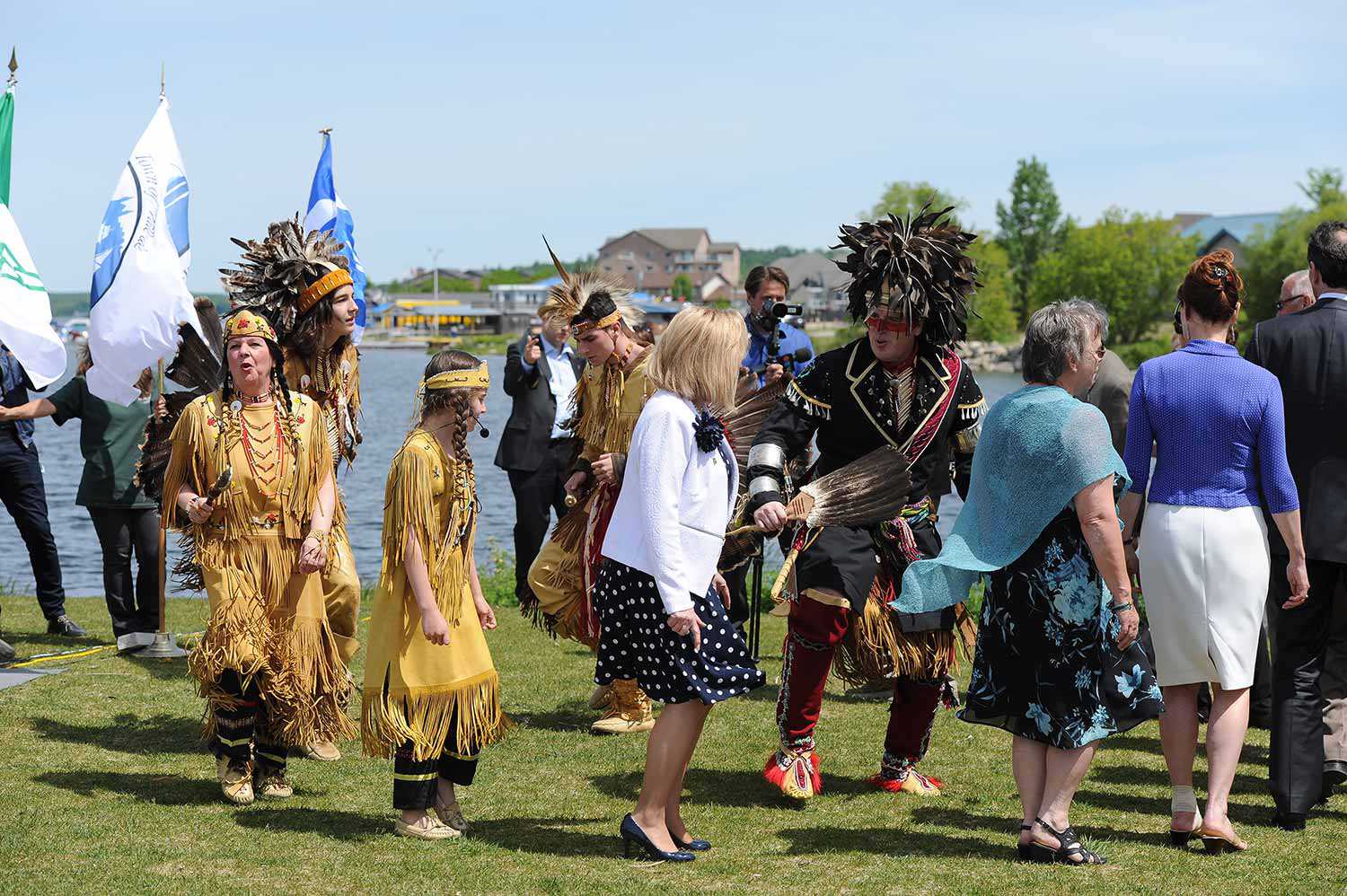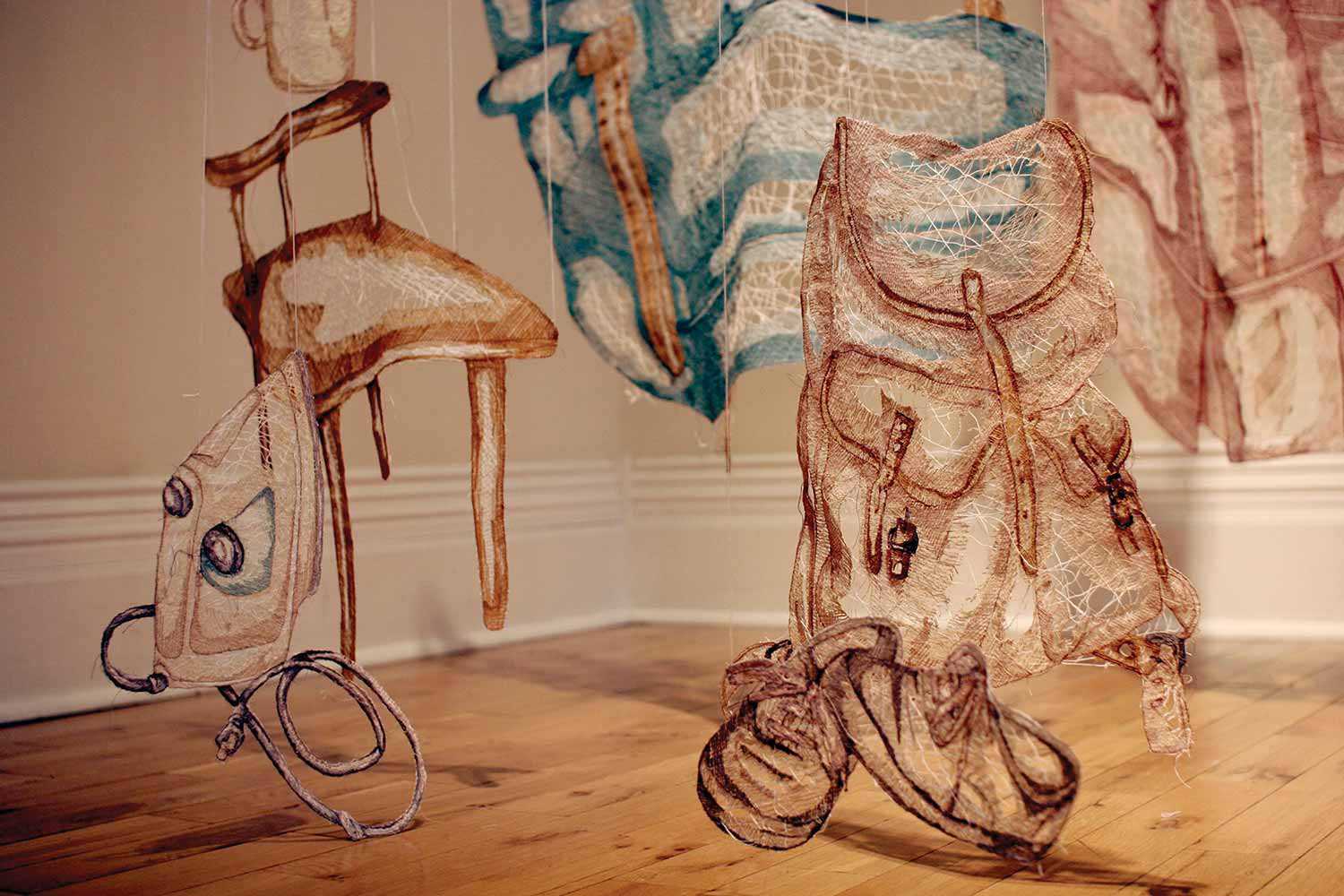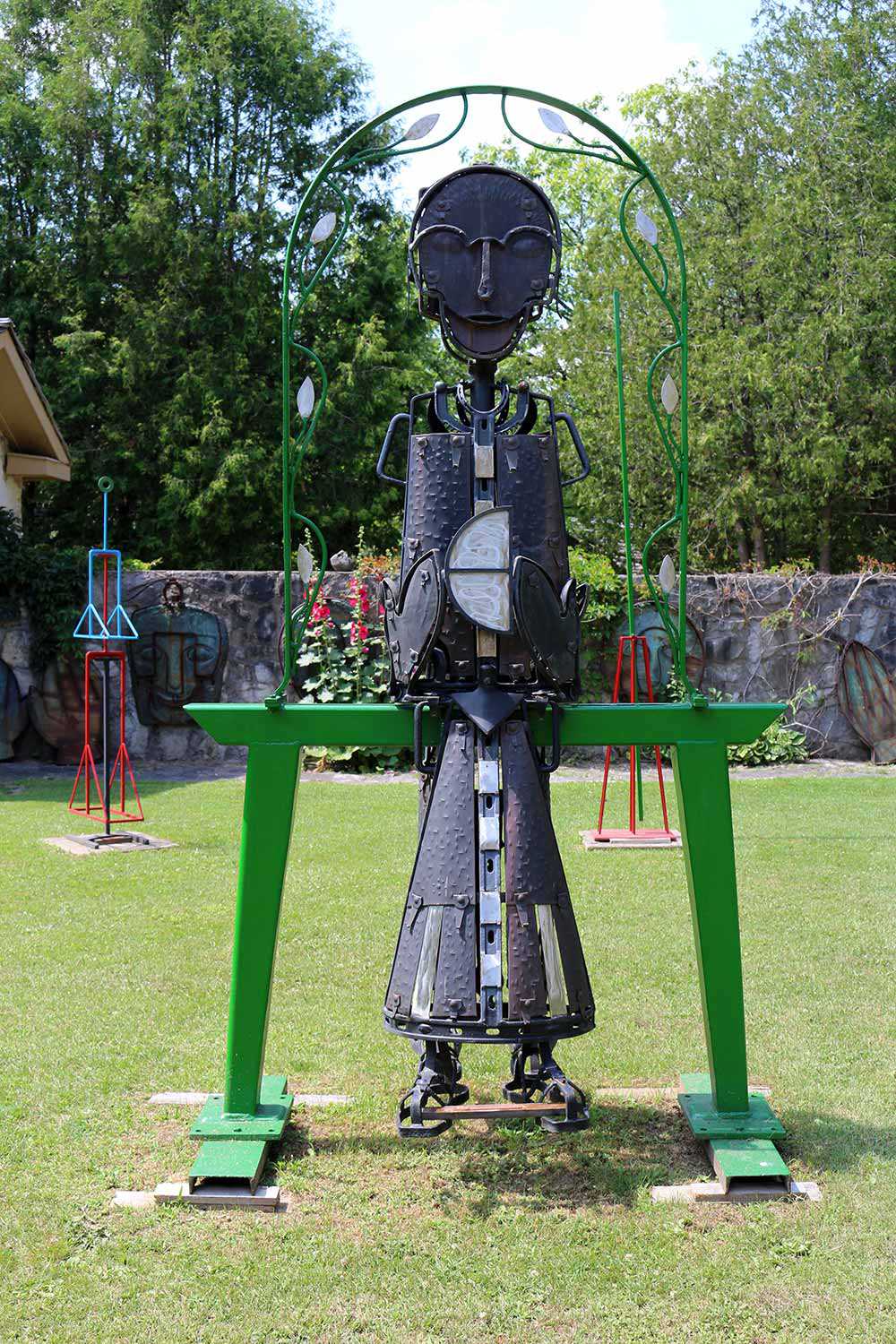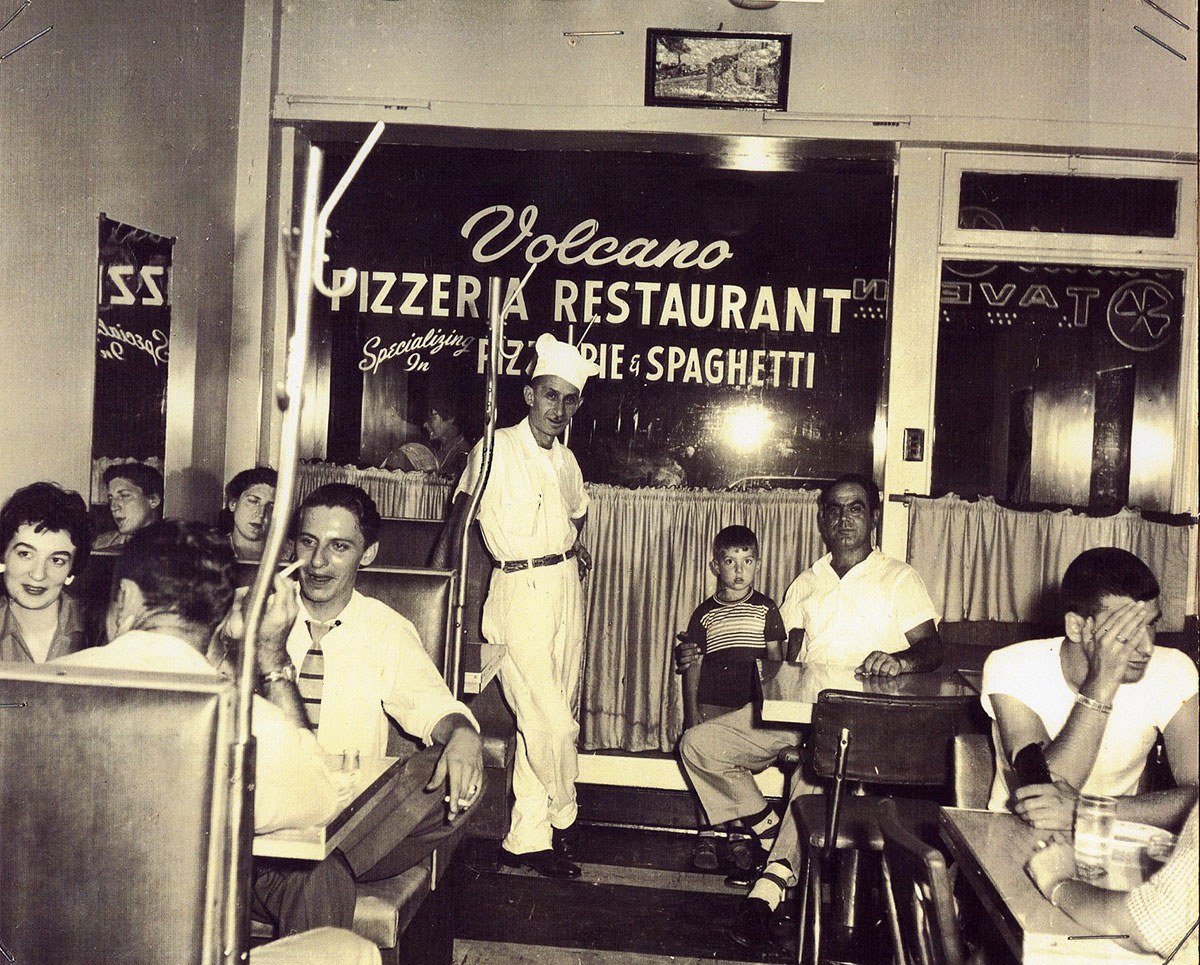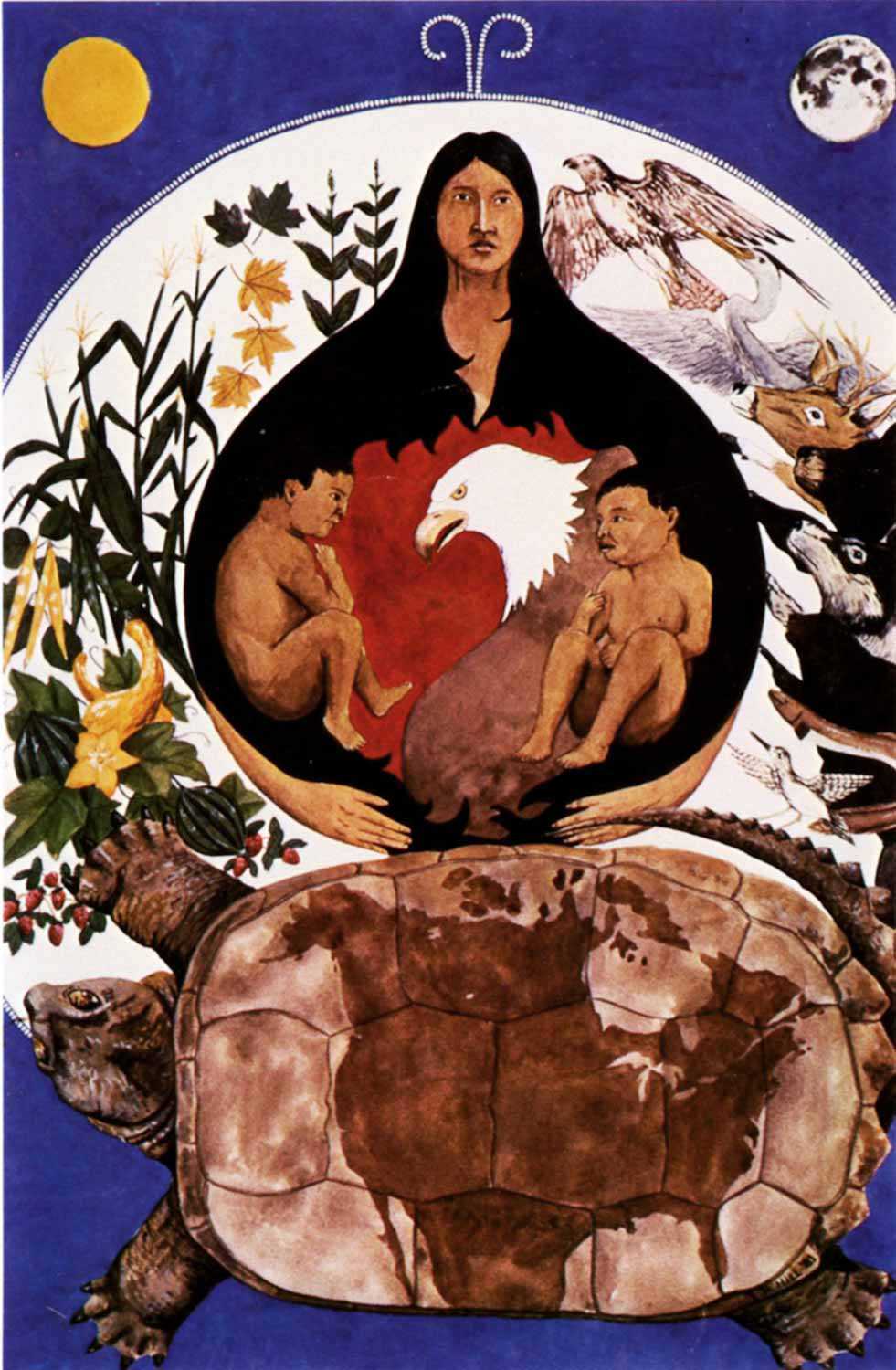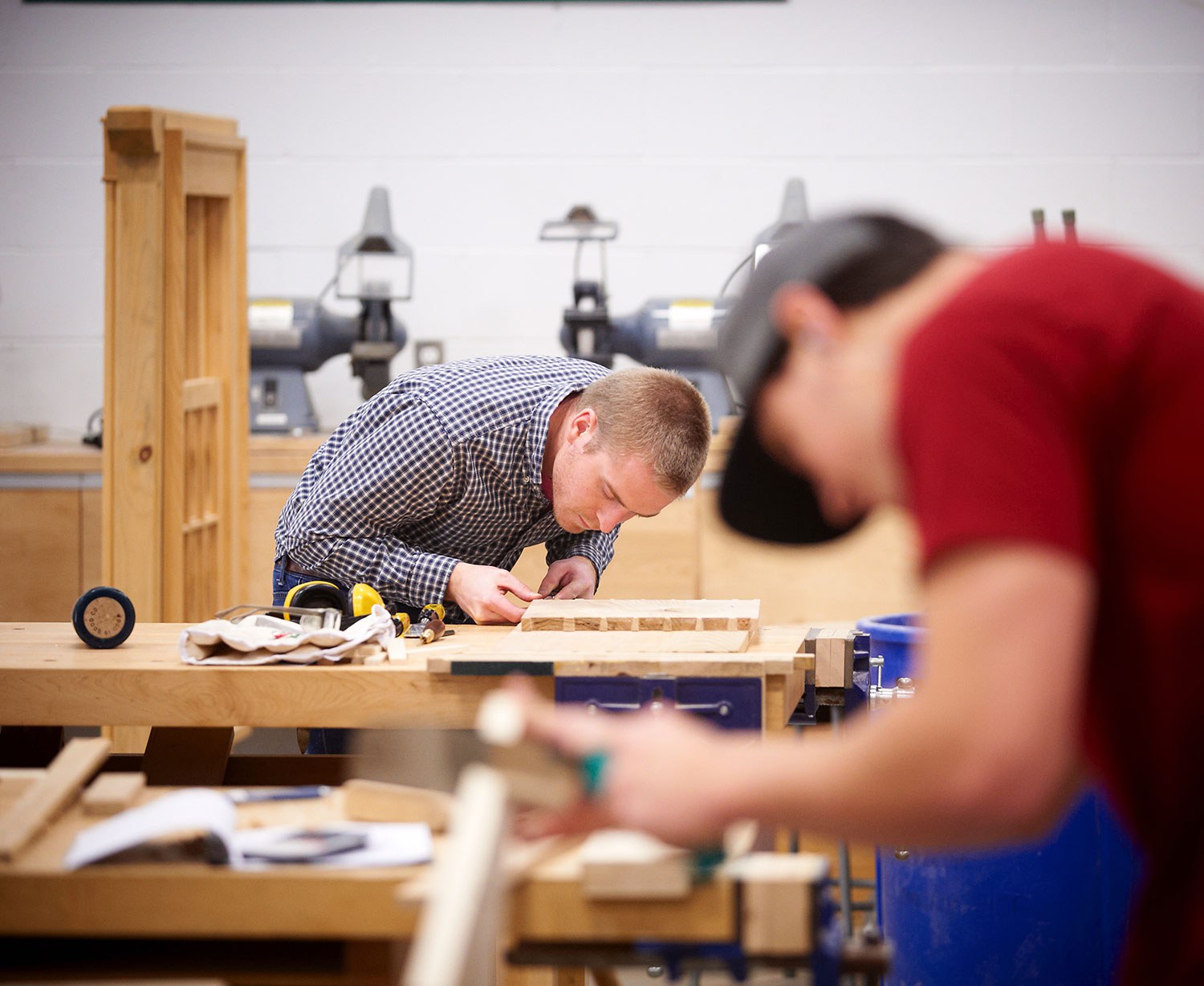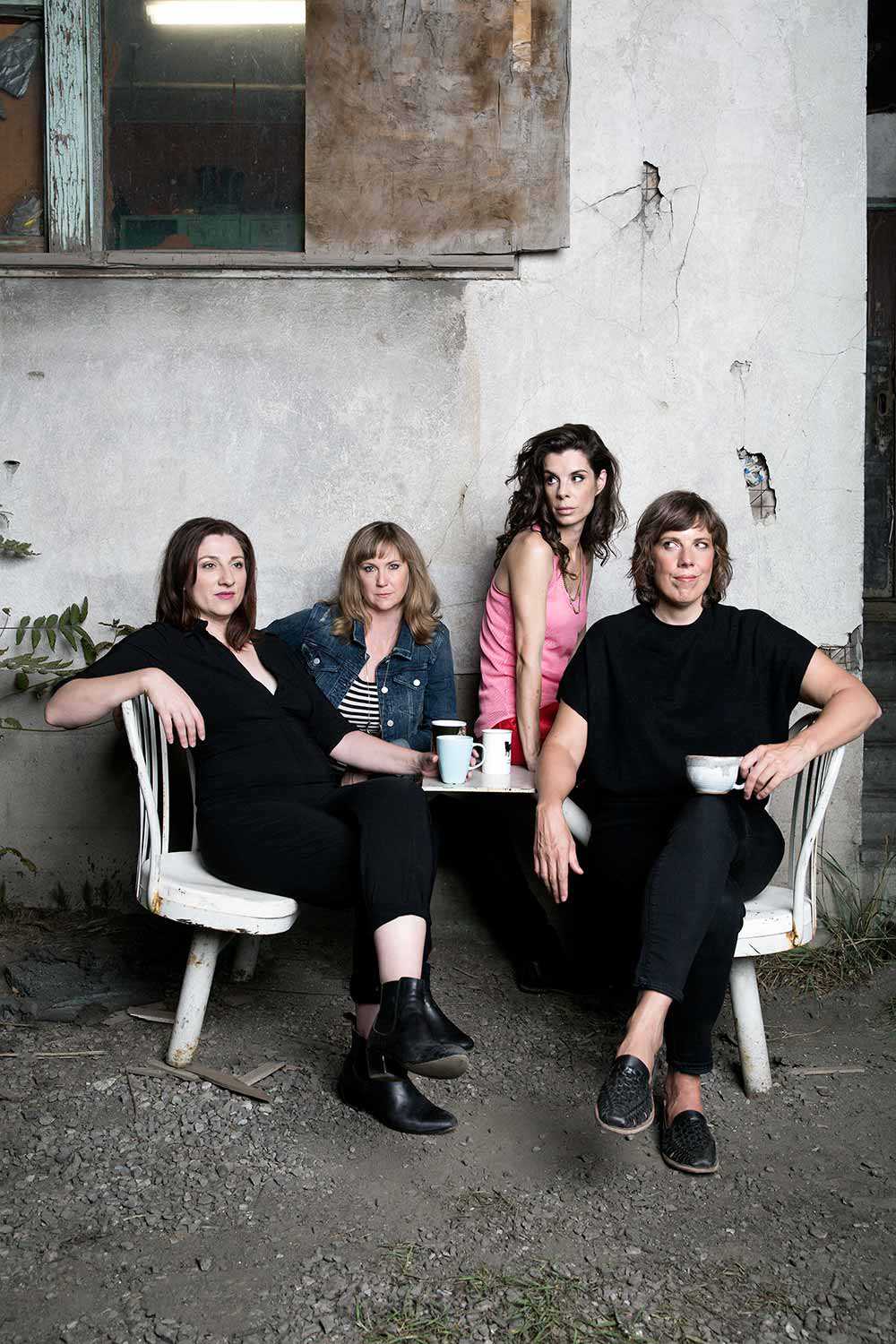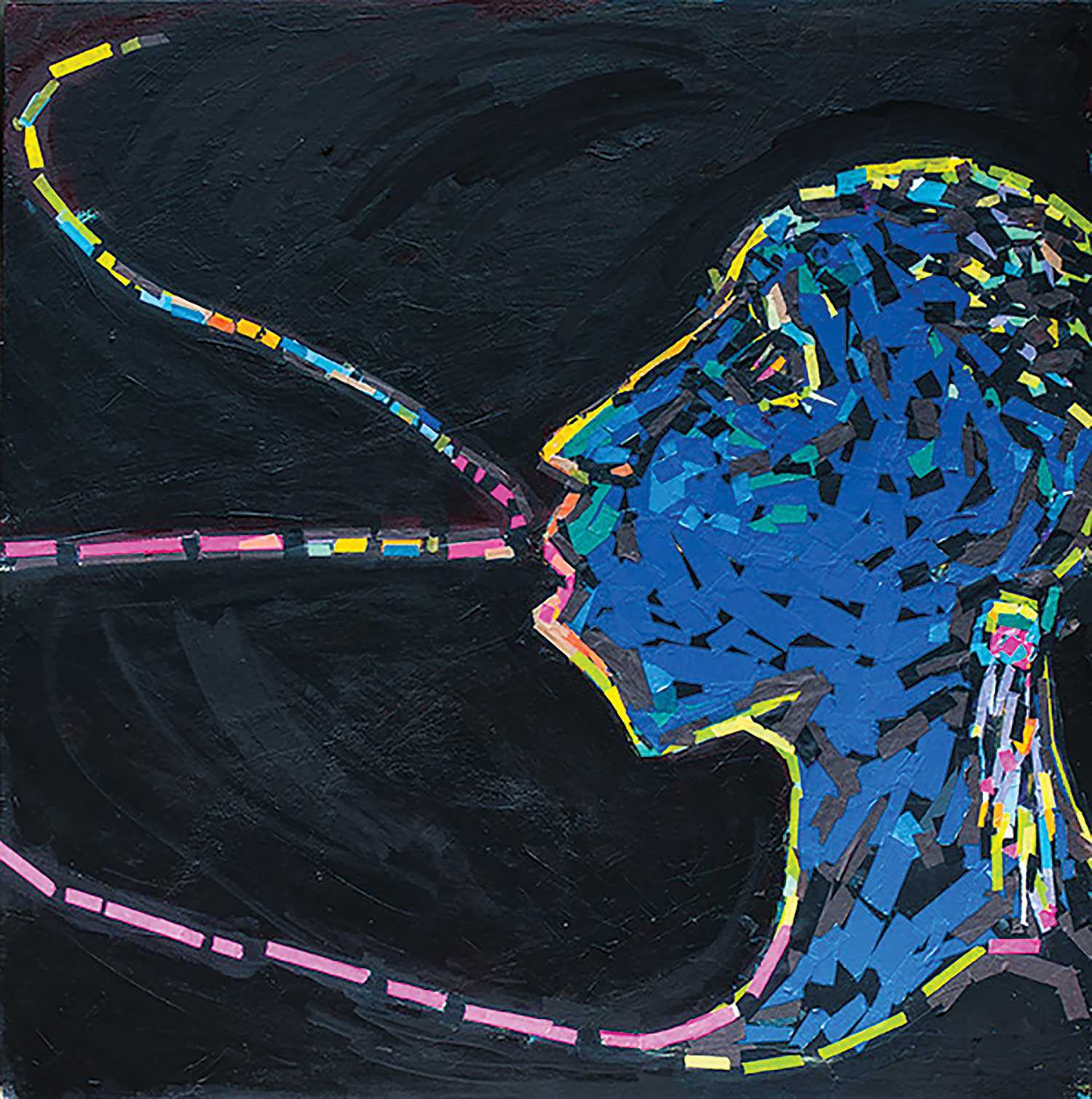

Browse by category
- Adaptive reuse
- Archaeology
- Arts and creativity
- Black heritage
- Buildings and architecture
- Communication
- Community
- Cultural landscapes
- Cultural objects
- Design
- Economics of heritage
- Environment
- Expanding the narrative
- Food
- Francophone heritage
- Indigenous heritage
- Intangible heritage
- Medical heritage
- Military heritage
- MyOntario
- Natural heritage
- Sport heritage
- Tools for conservation
- Women's heritage
Keeping our stories alive
Since 1973, the Canadian Lesbian and Gay Archives (CLGA) in Toronto has been collecting, preserving and sharing the documentary heritage of LGBTQ2+ life in Canada.
Today, we are the largest independent LGBTQ2+ archives in the world. Our continued independence allows LGBTQ2+ people to decide how our cultural heritage will be preserved and passed on to future generations.
Cultural heritage is often intangible – consisting of customs and fleeting moments that are difficult to capture.
Traditionally, LGBTQ2+ histories and heritage have not been collected by institutional archives. The CLGA is collaborating with academics and community members to recover these histories and heritage.
One way we are doing this is by contributing to the Family Camera Network, exploring the meaning of family photographs through queer and trans lenses by collecting oral histories from participants to make available for researchers and members of the public. This builds upon the work of the LGBTQ Oral History Digital Collaboratory at the CLGA, which is making oral histories of LGBTQ2+ folk in Canada more accessible through several different efforts – including the Foolscap Project, Lesbians Making History and “Not a Place on a Map,” a Desh Pardesh Festival oral history project.
Due to the intangibility of much of our past, the CLGA maintains significant nonarchival collections – like buttons, posters, t-shirts, zines and banners on top of our archival fonds, which include documents, photographs, films, sound recordings, periodicals and news clippings. These artifacts shed light on the ways in which LGBTQ2+ people have fought for and expressed our sexualities and genders in the face of violence, discrimination and oppression throughout our histories and lives. Without them, the crucial forms of resistance, activism and celebration that have secured the rights and cultural traditions many LGBTQ2+ people enjoy today could be lost.
With our gallery space, meeting room and large volunteer community, the CLGA also promotes the preservation and passing of intangible cultural history within our walls. By hosting events such as art exhibitions, book launches and film screenings, we encourage LGBTQ2+ people to create new stories that will impact the LGBTQ2+ community for generations to come.

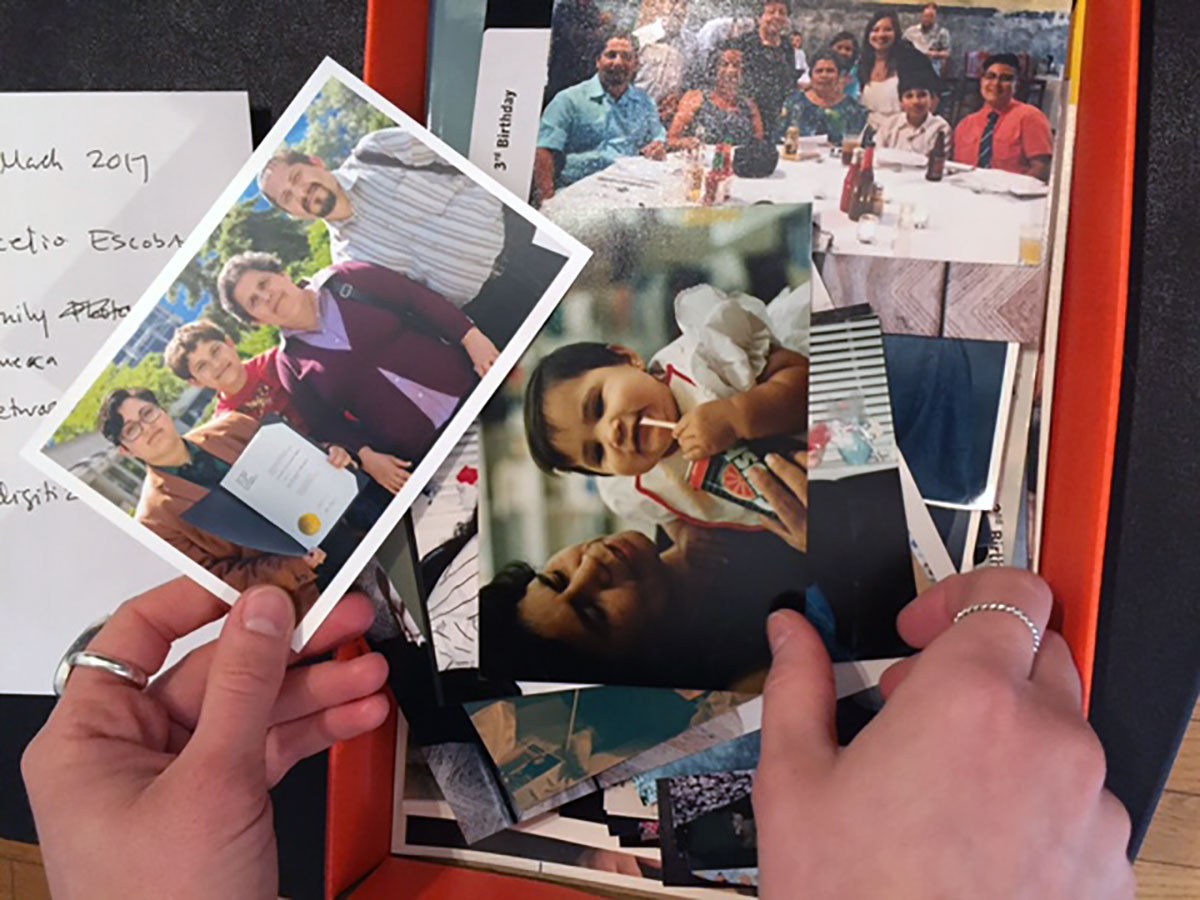
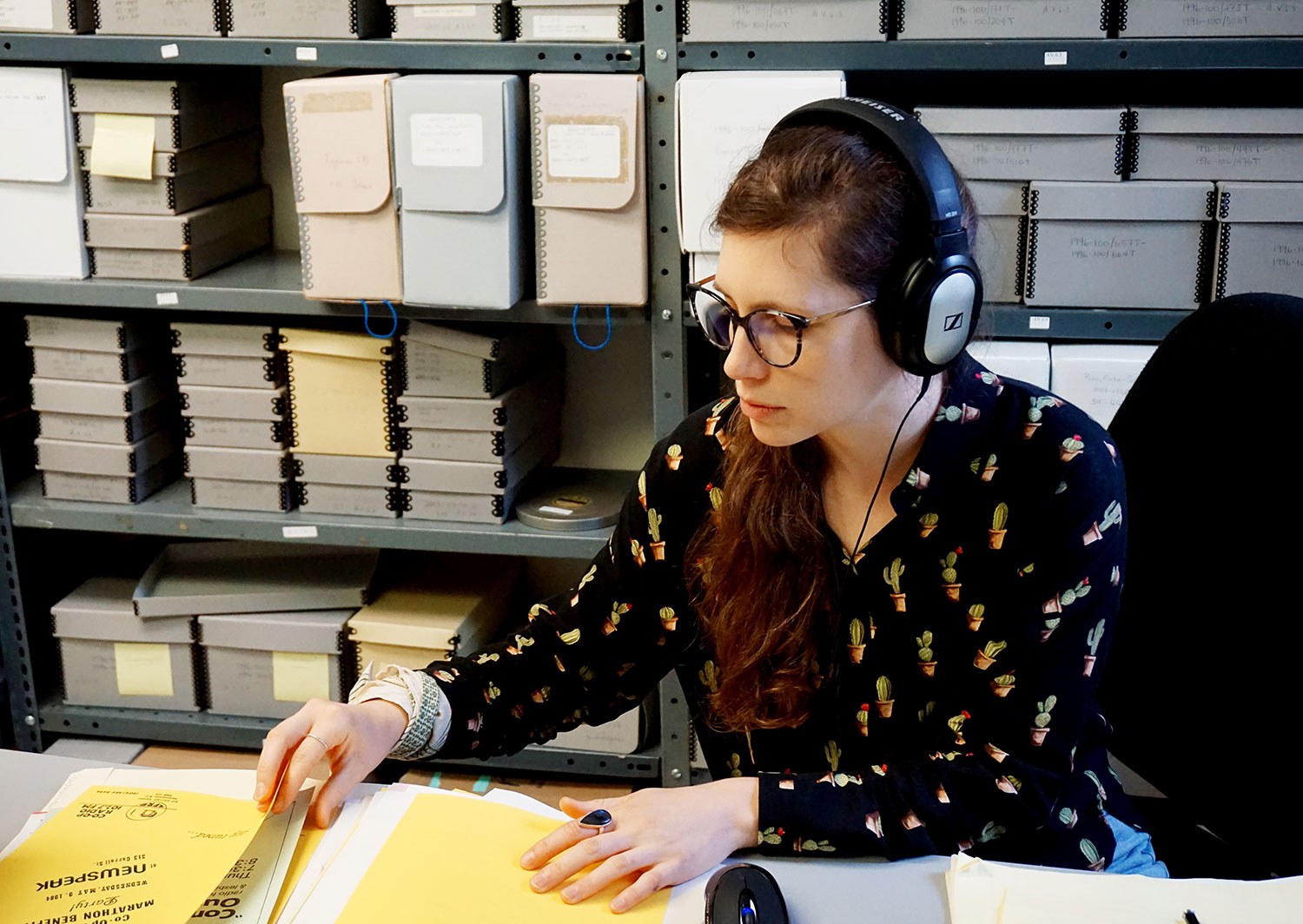
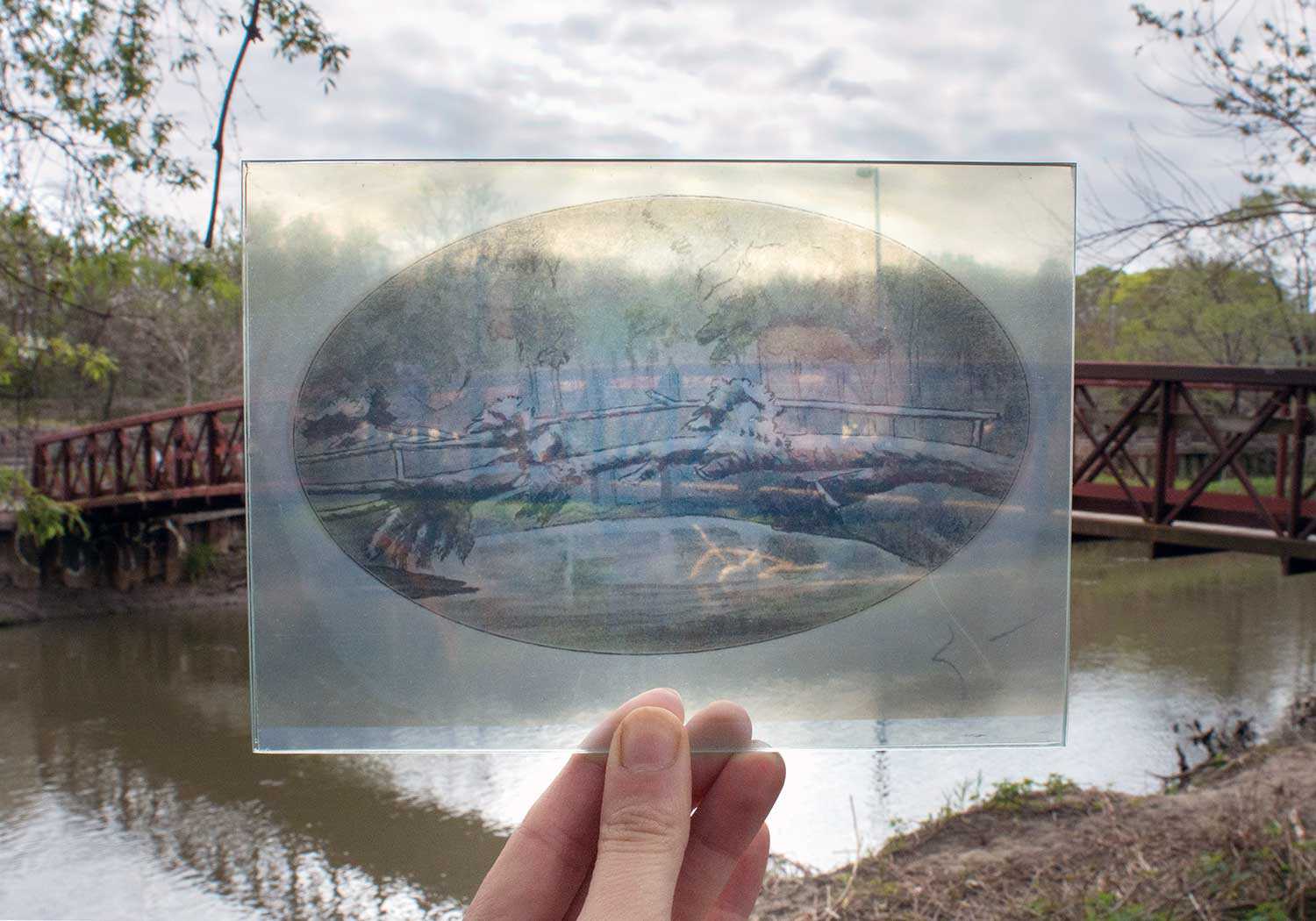
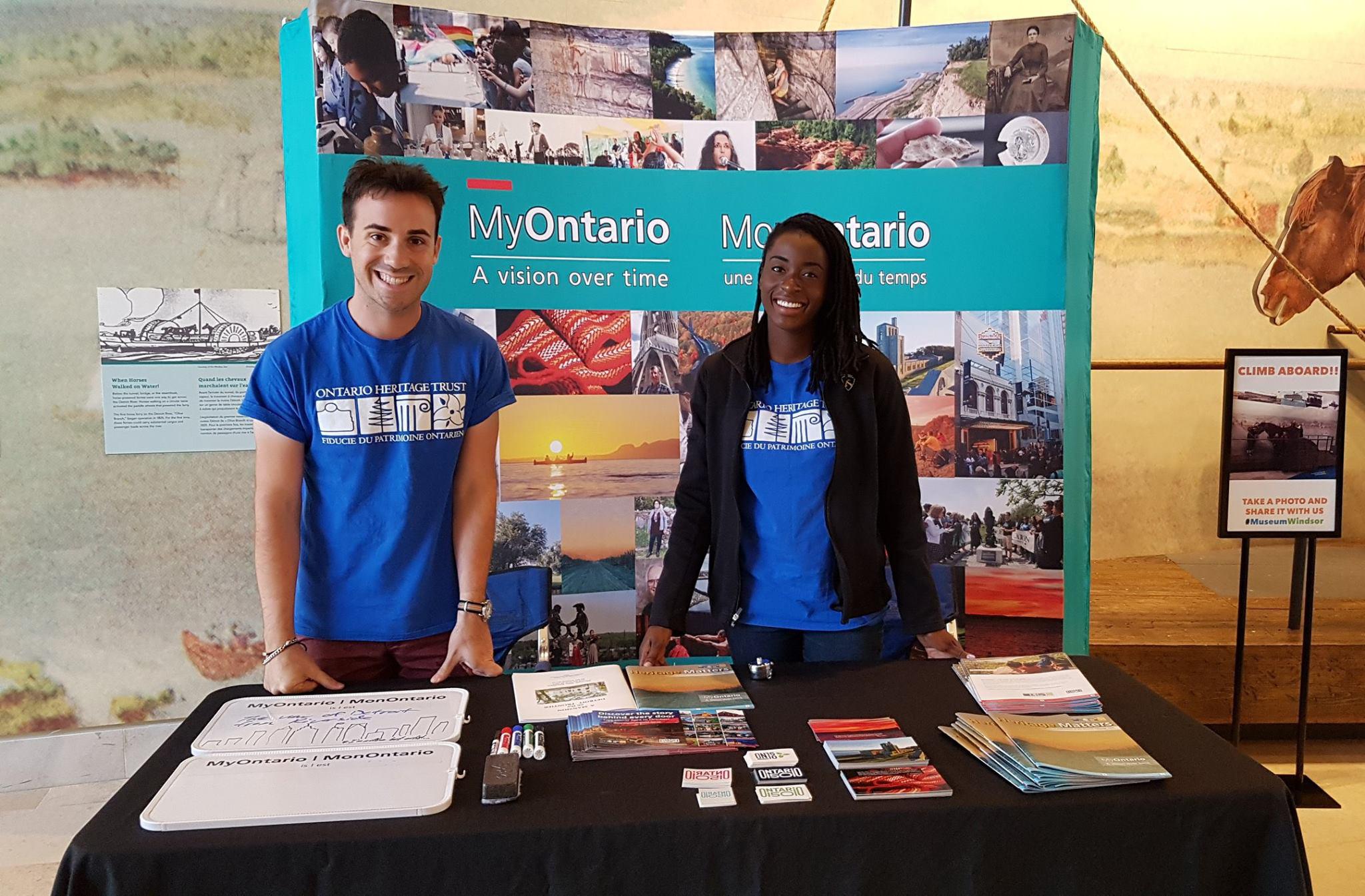
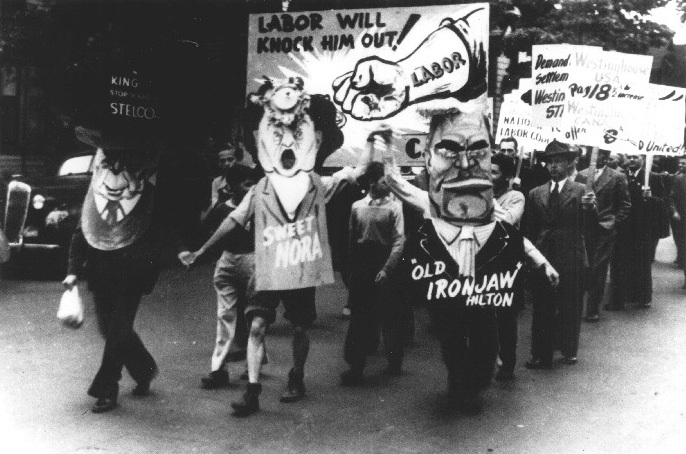
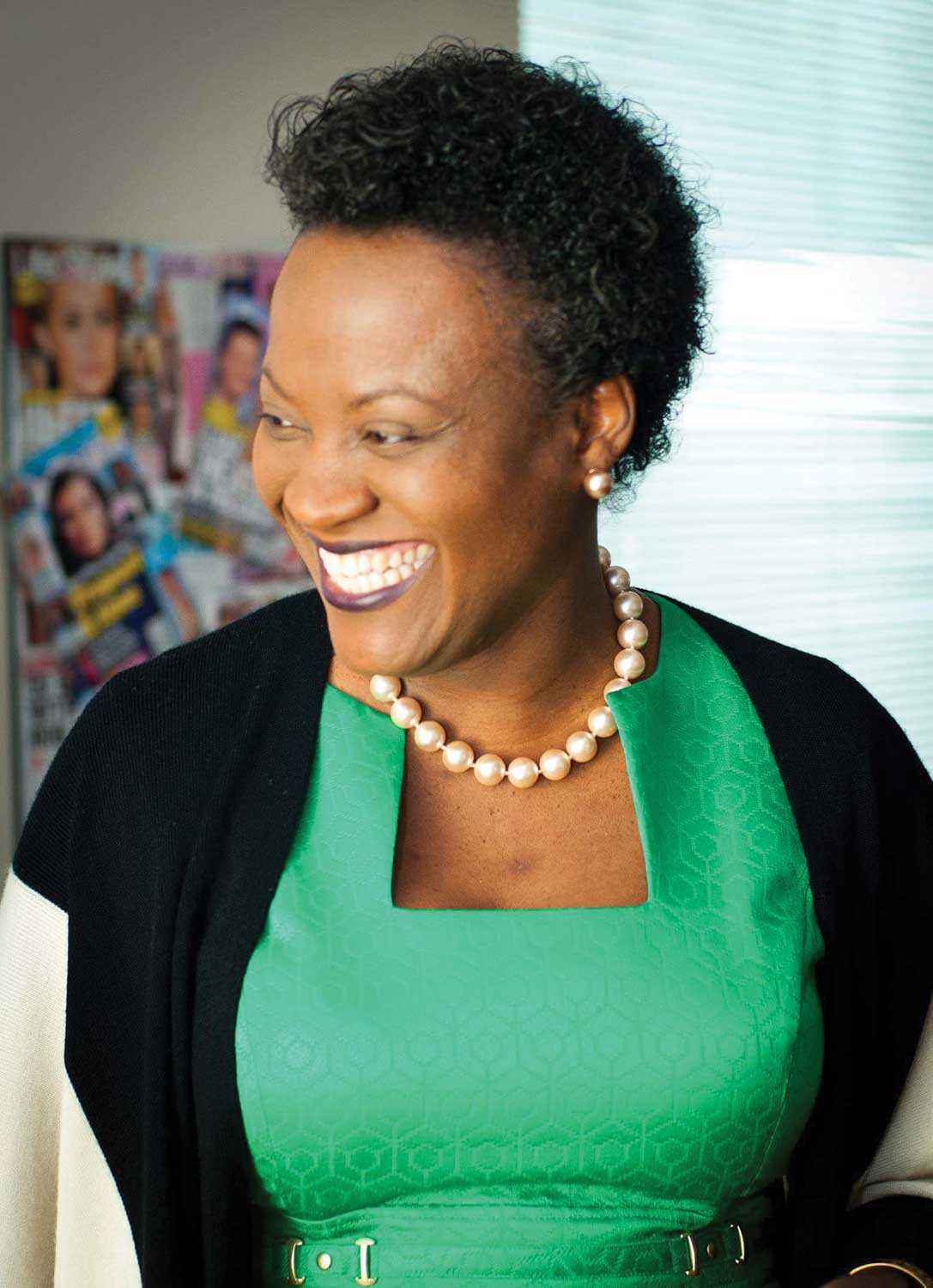
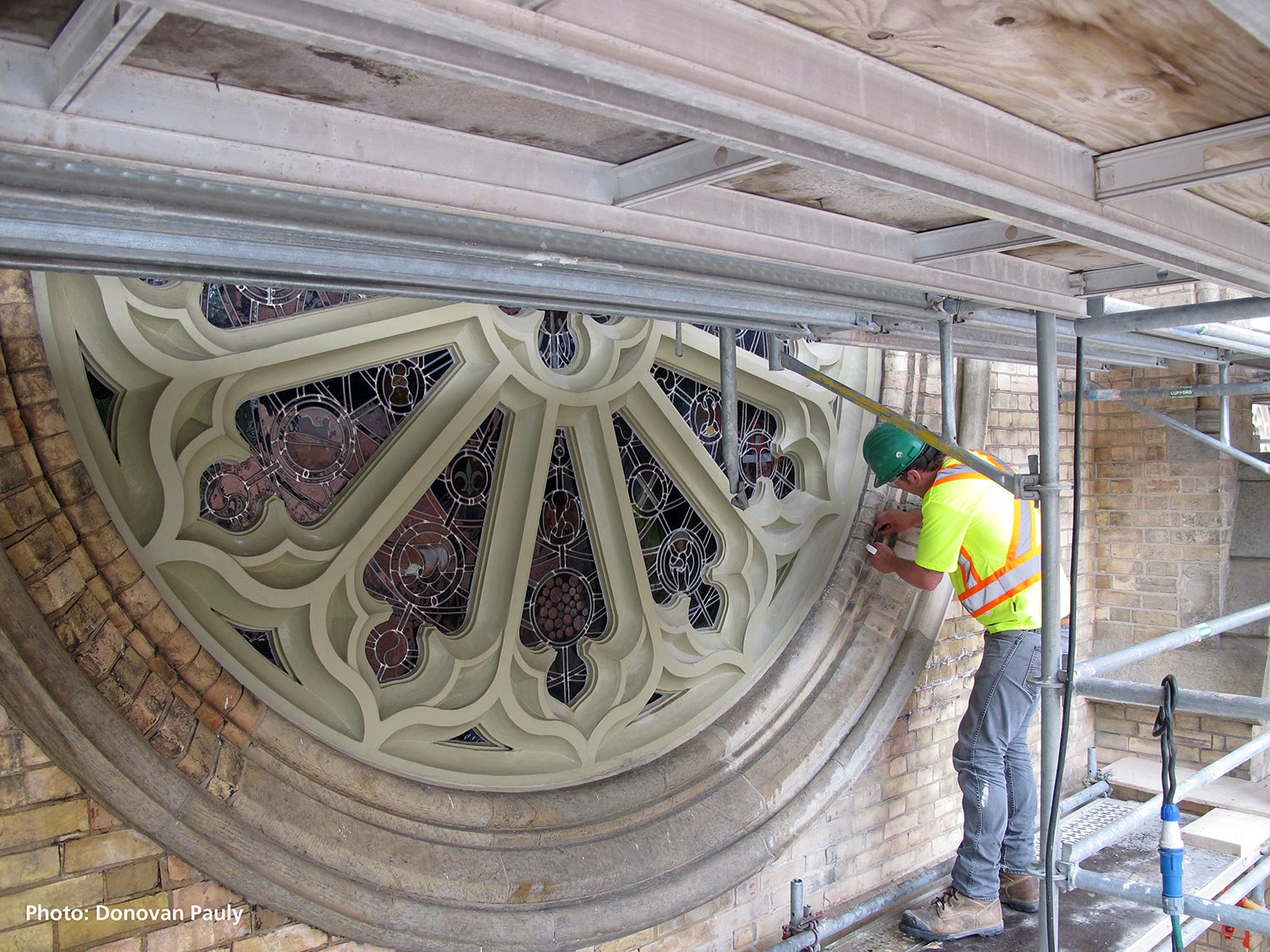
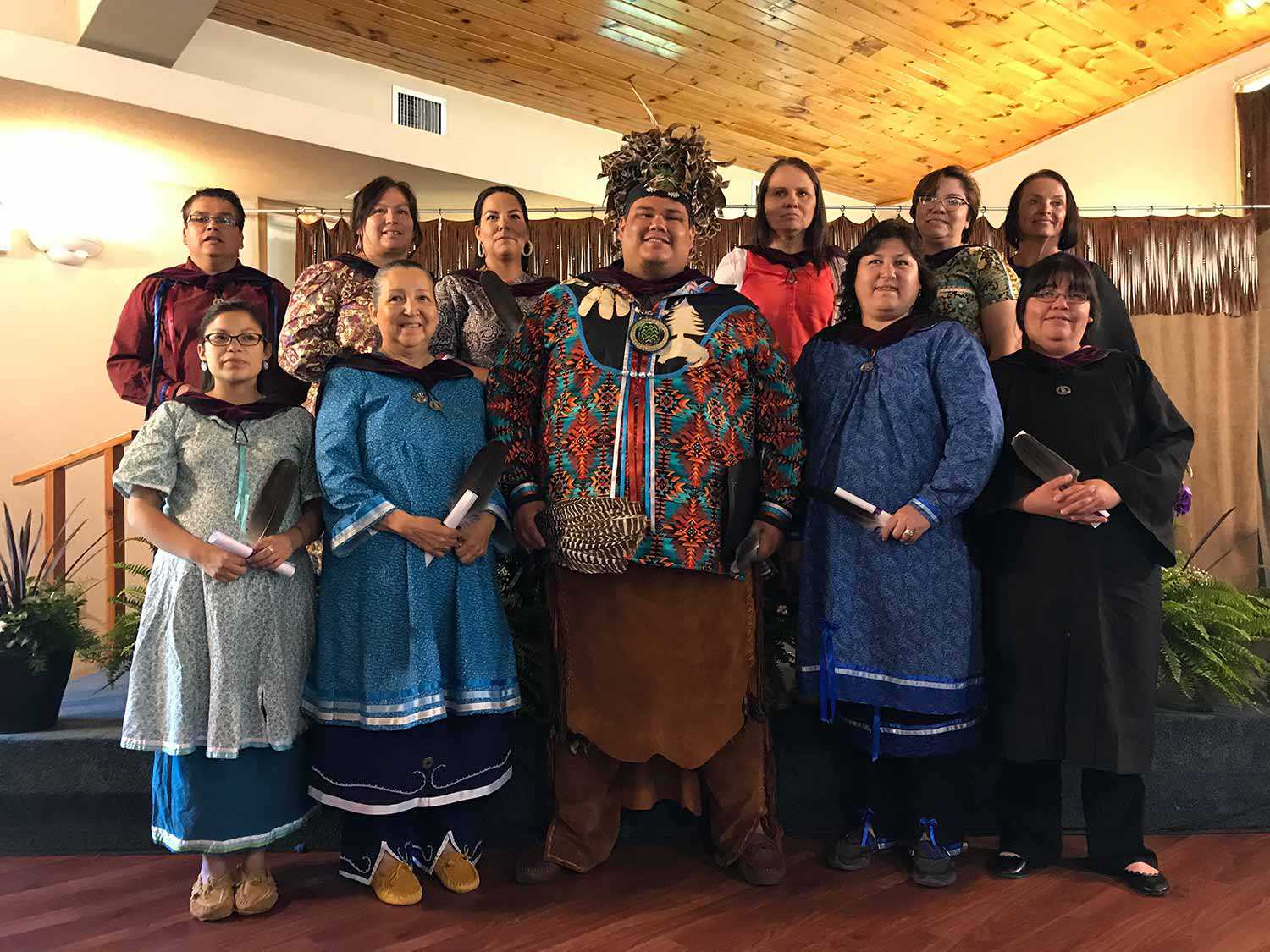
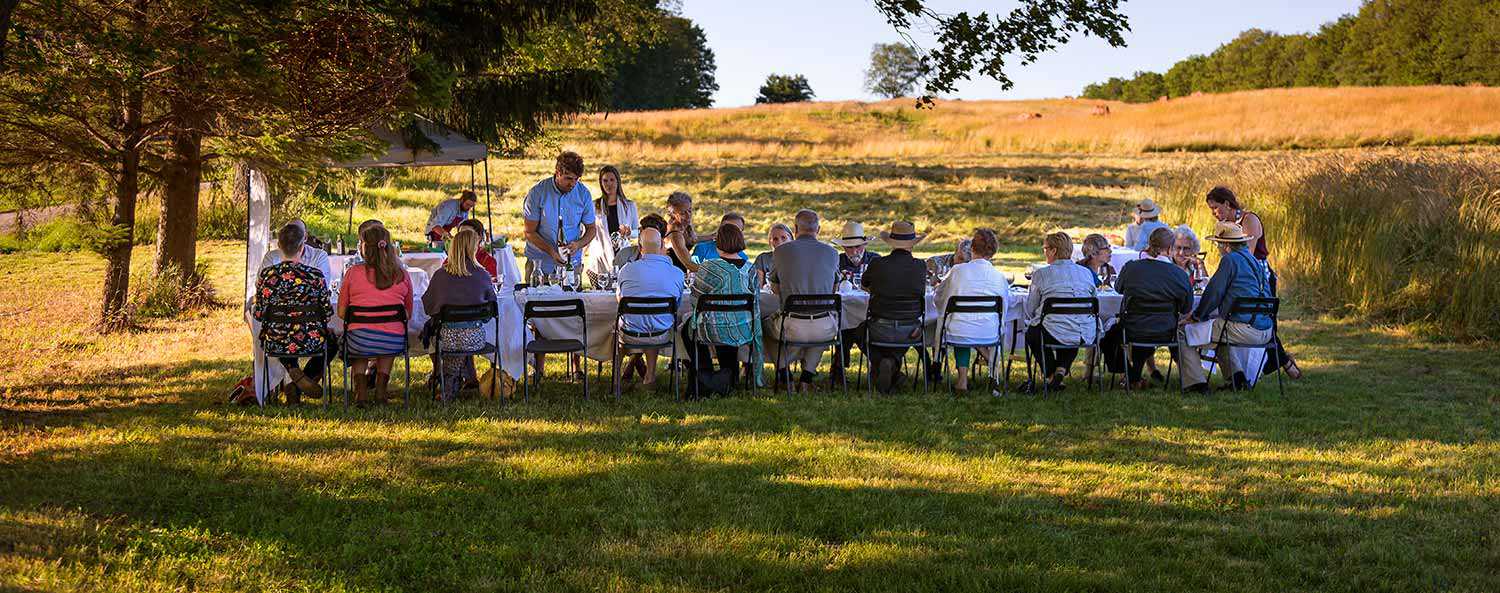
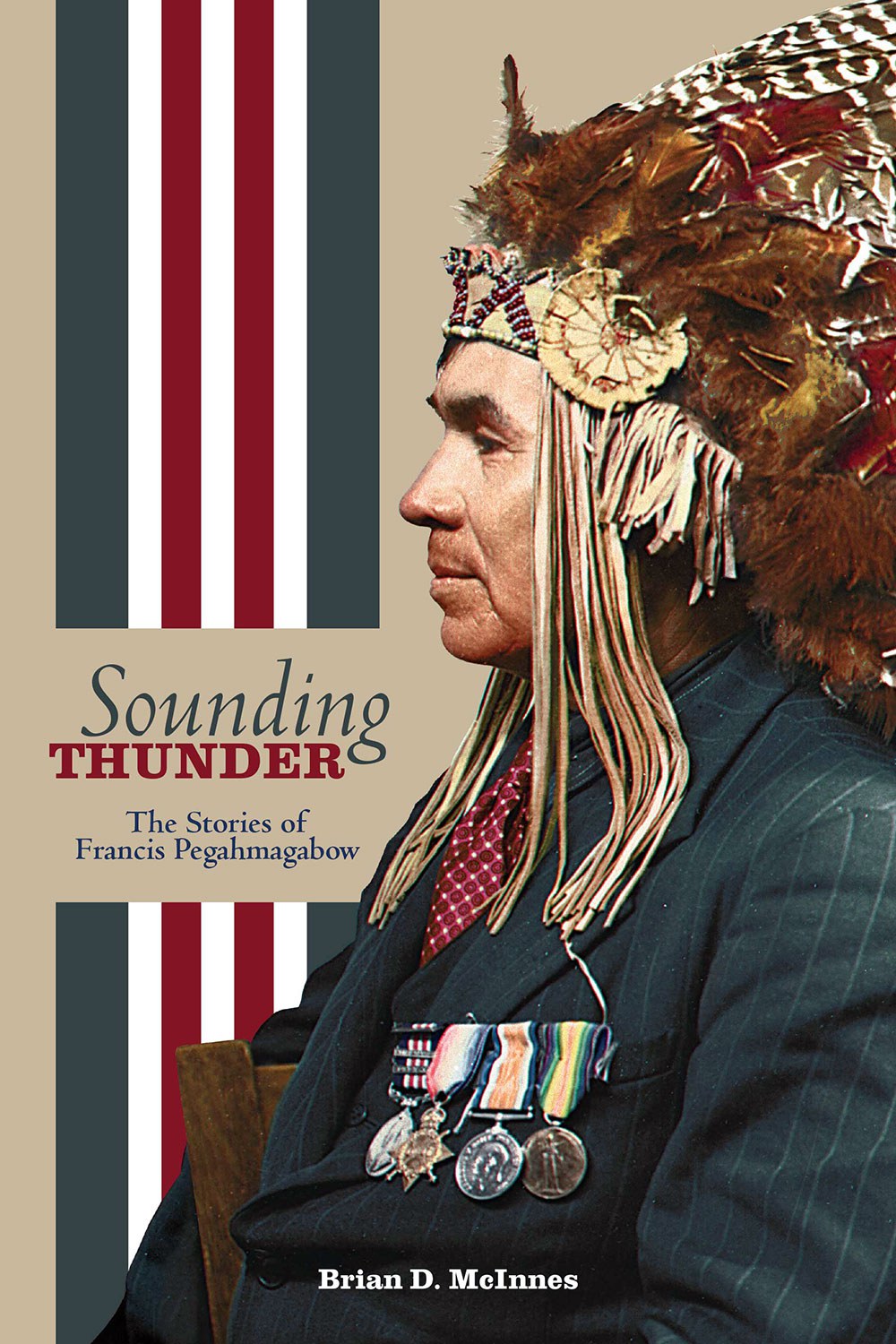
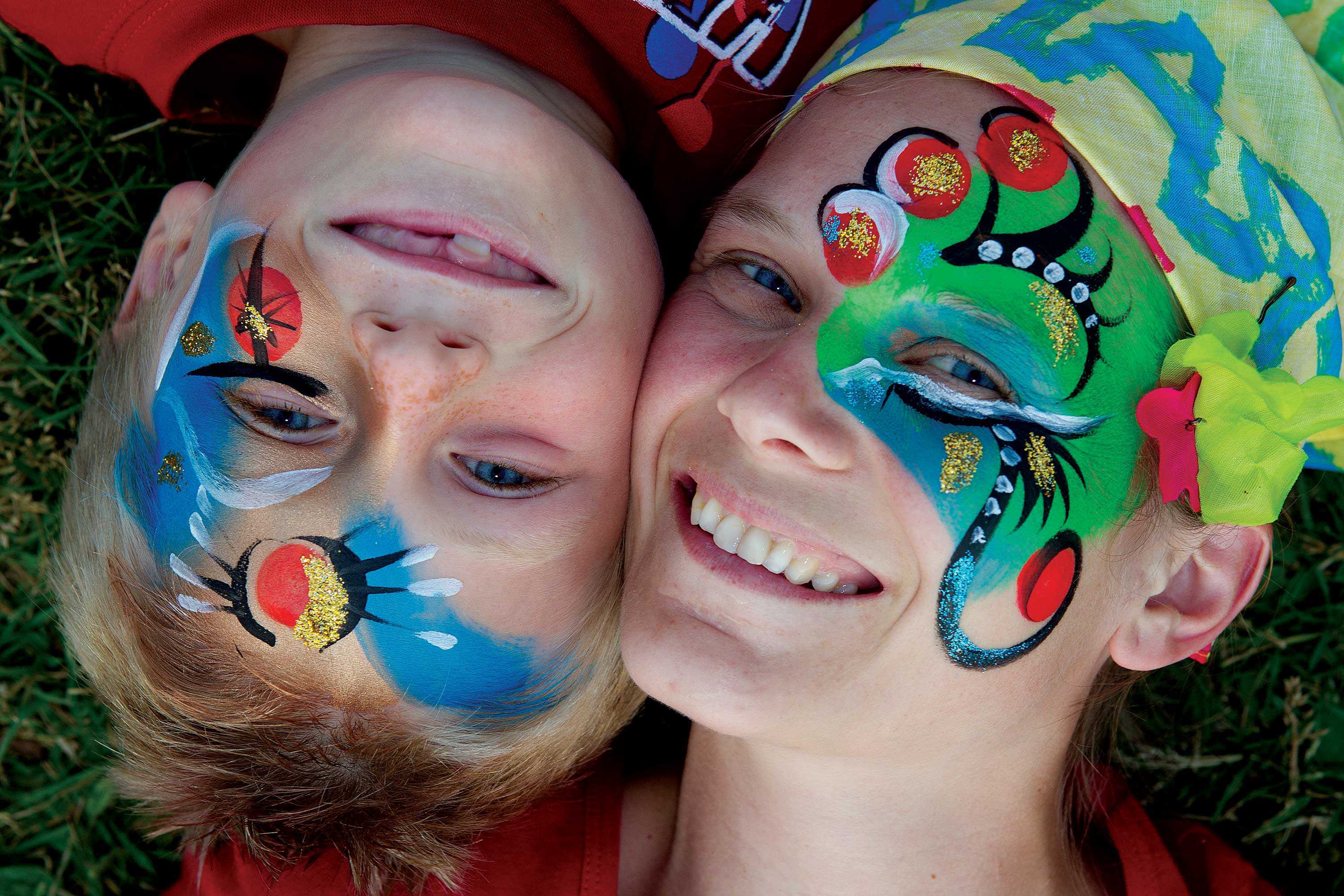
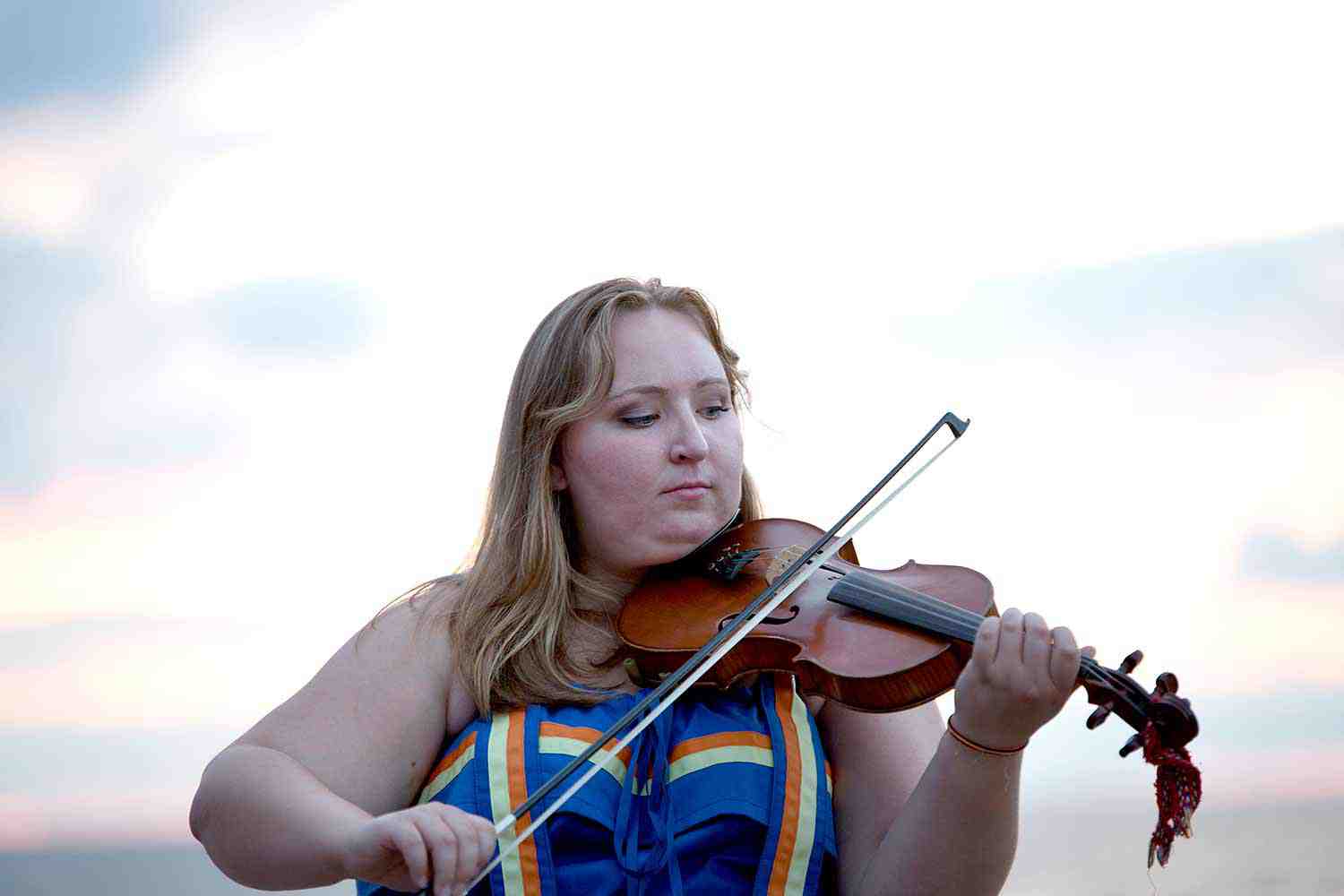
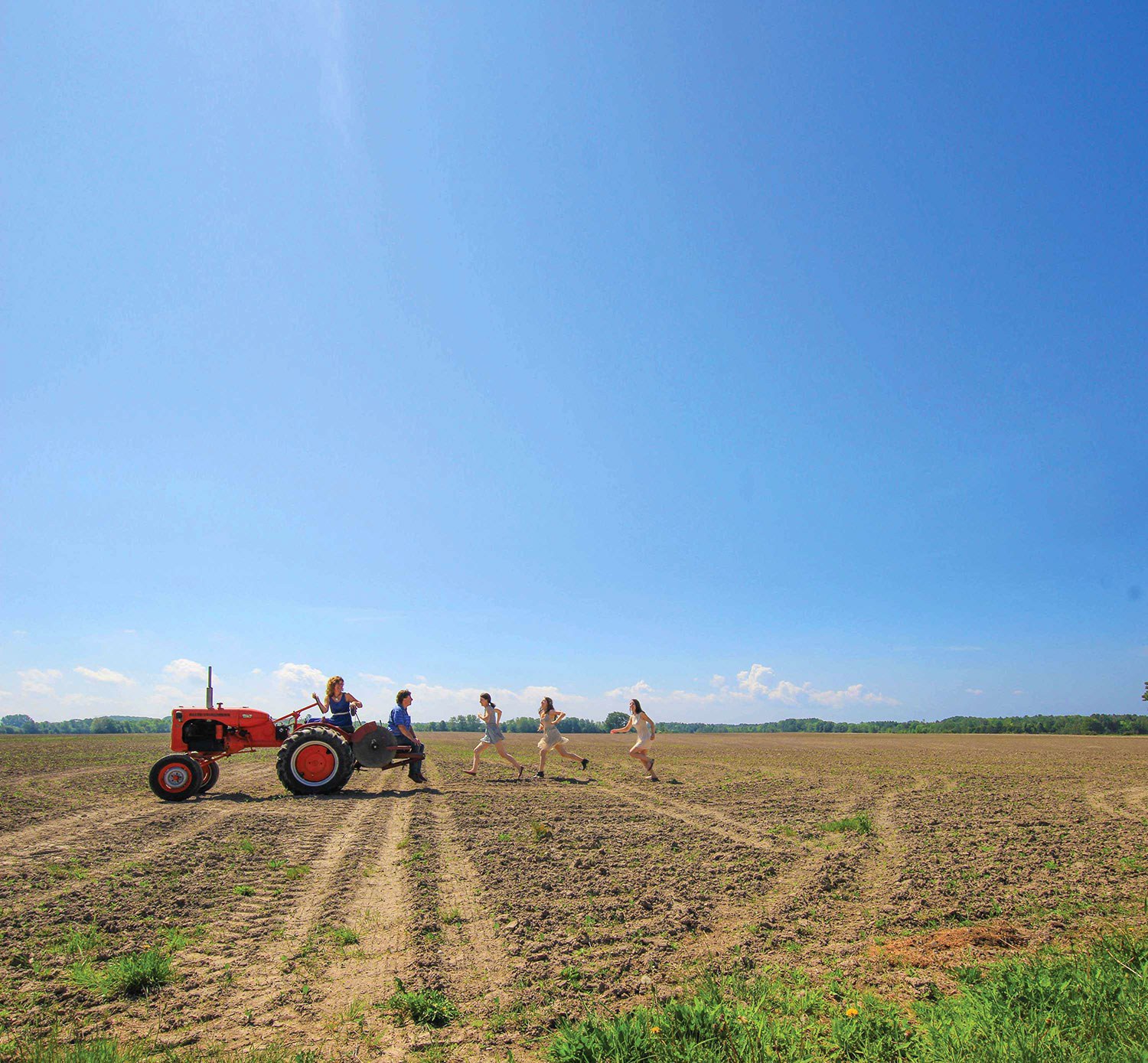
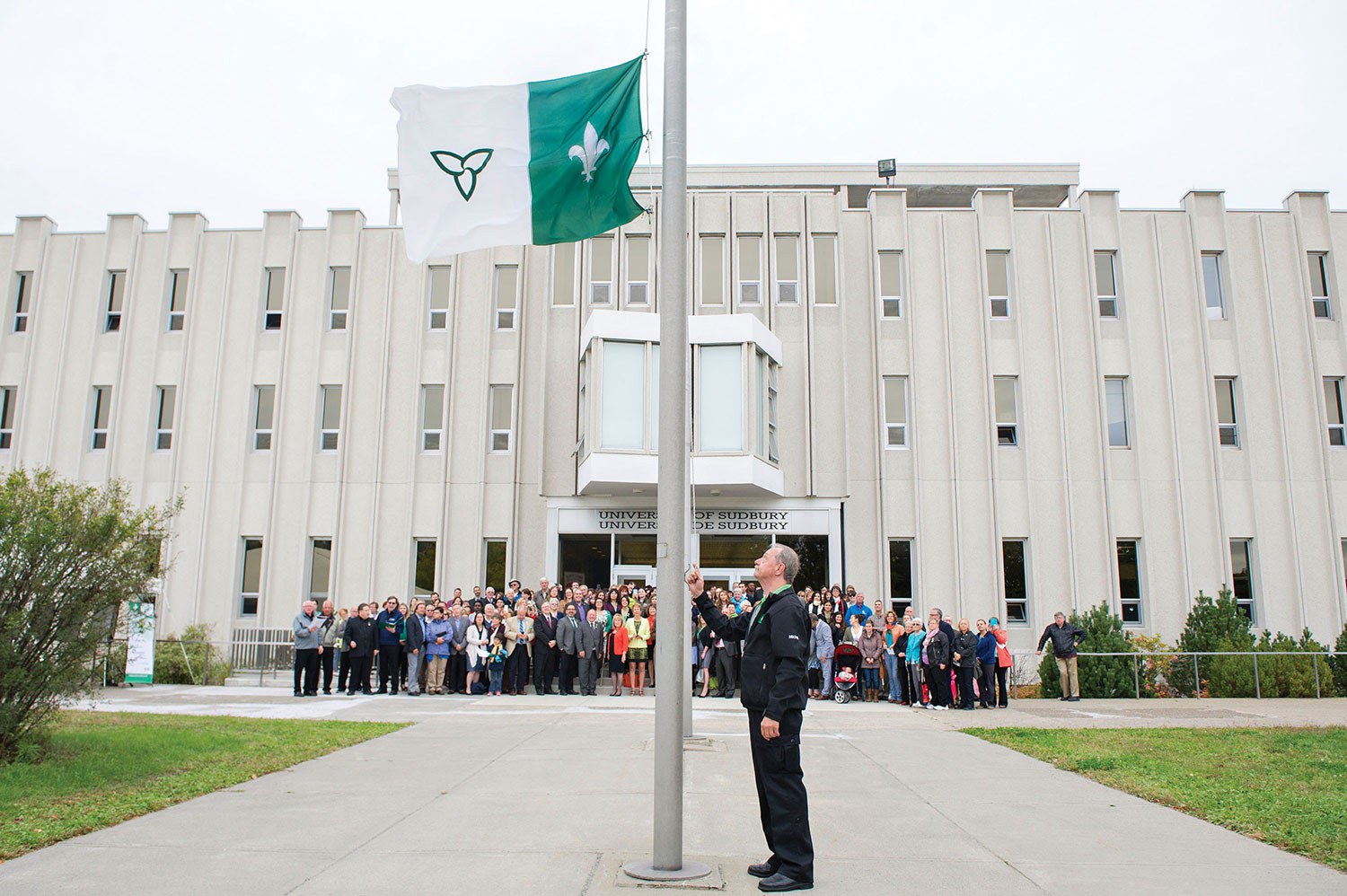
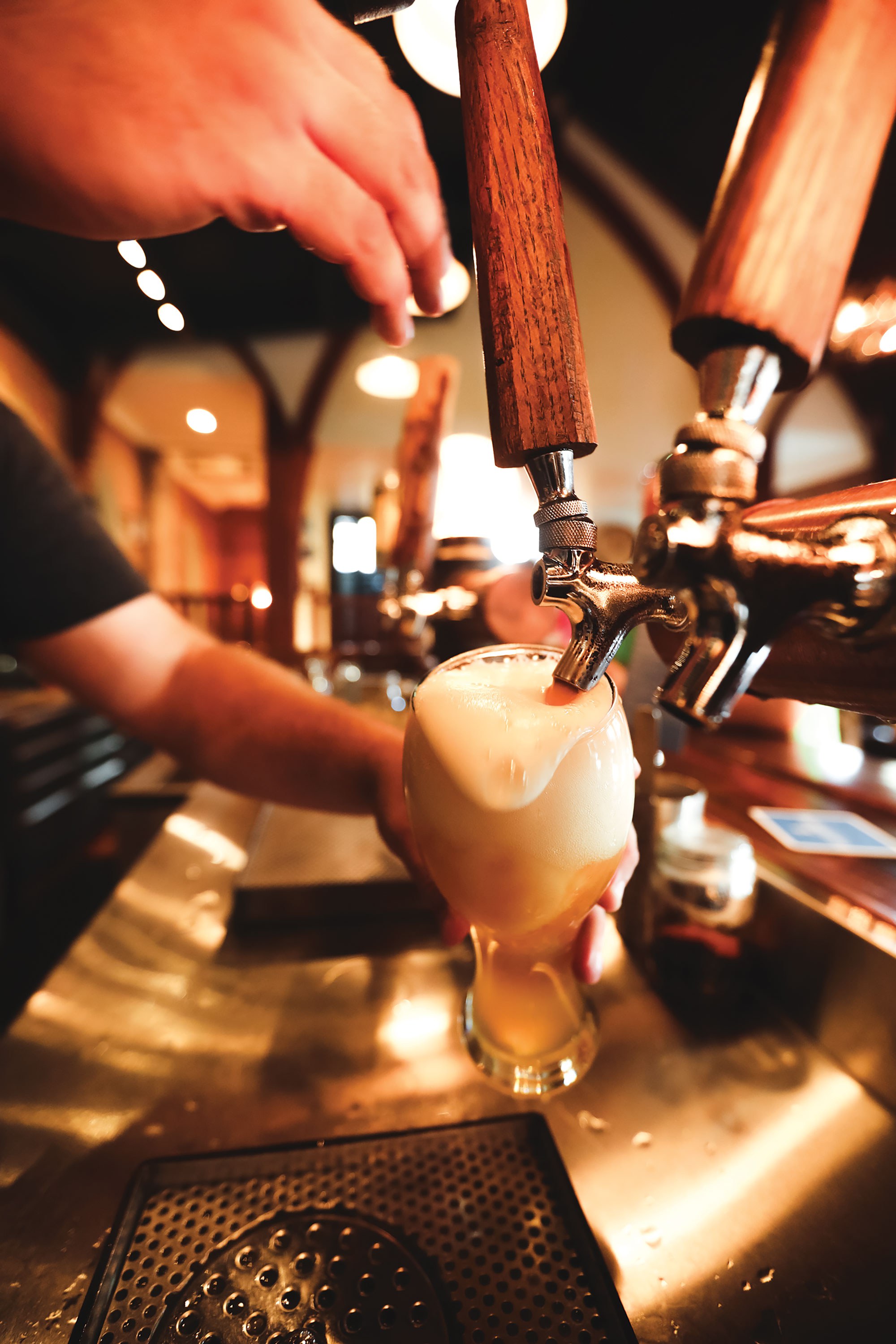
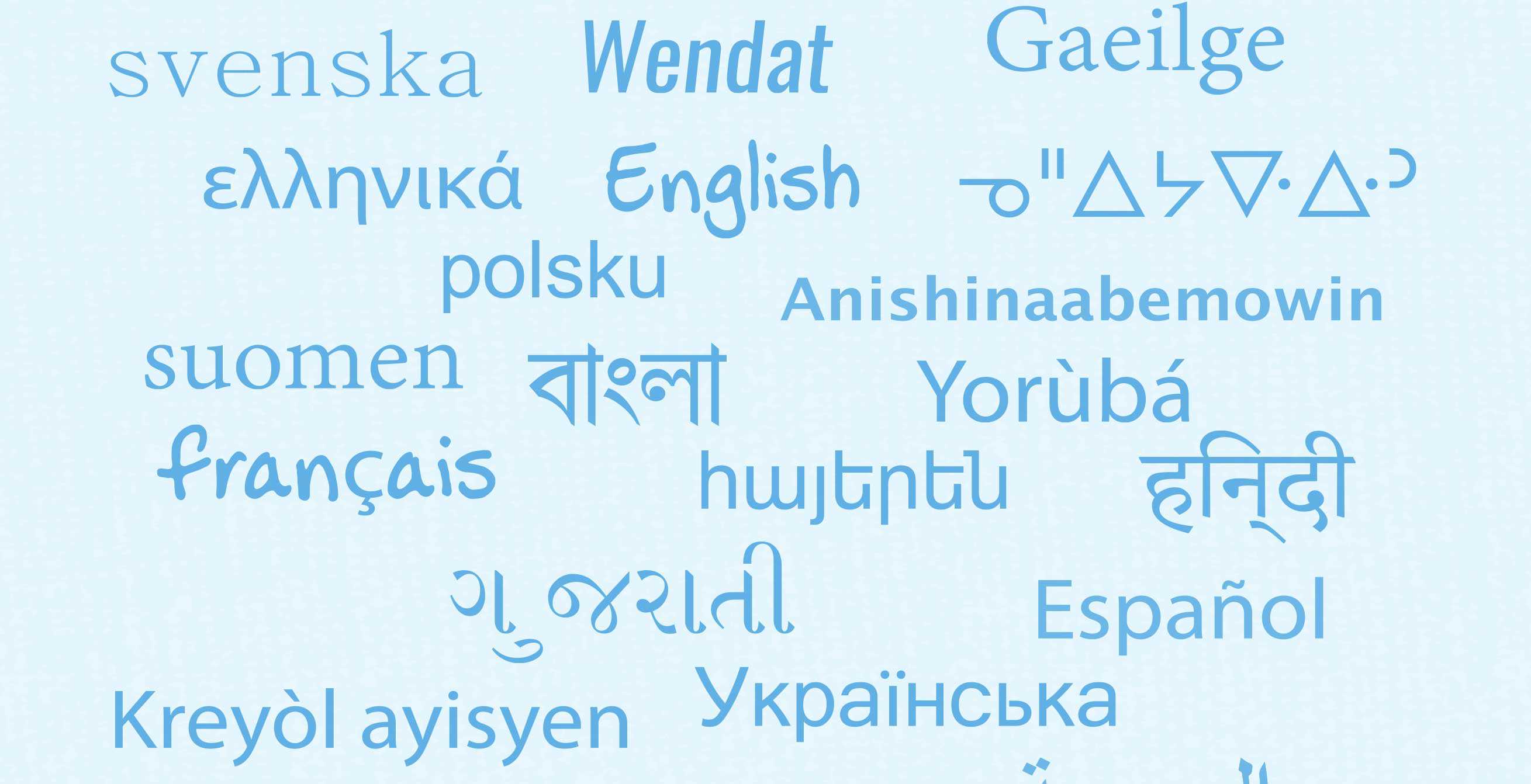
![Rose Lieberman, Rose [Hanford?] Green and Aaron and Sarah Ladovsky in front of United Bakers restaurant, Spadina Ave., Toronto, 1920. Ontario Jewish Archives, Blankenstein Family Heritage Centre, fonds 83, file 9, item 16.](https://www.heritage-matters.ca/uploads/Articles/SoupsOn_Archival_3505.jpg)
